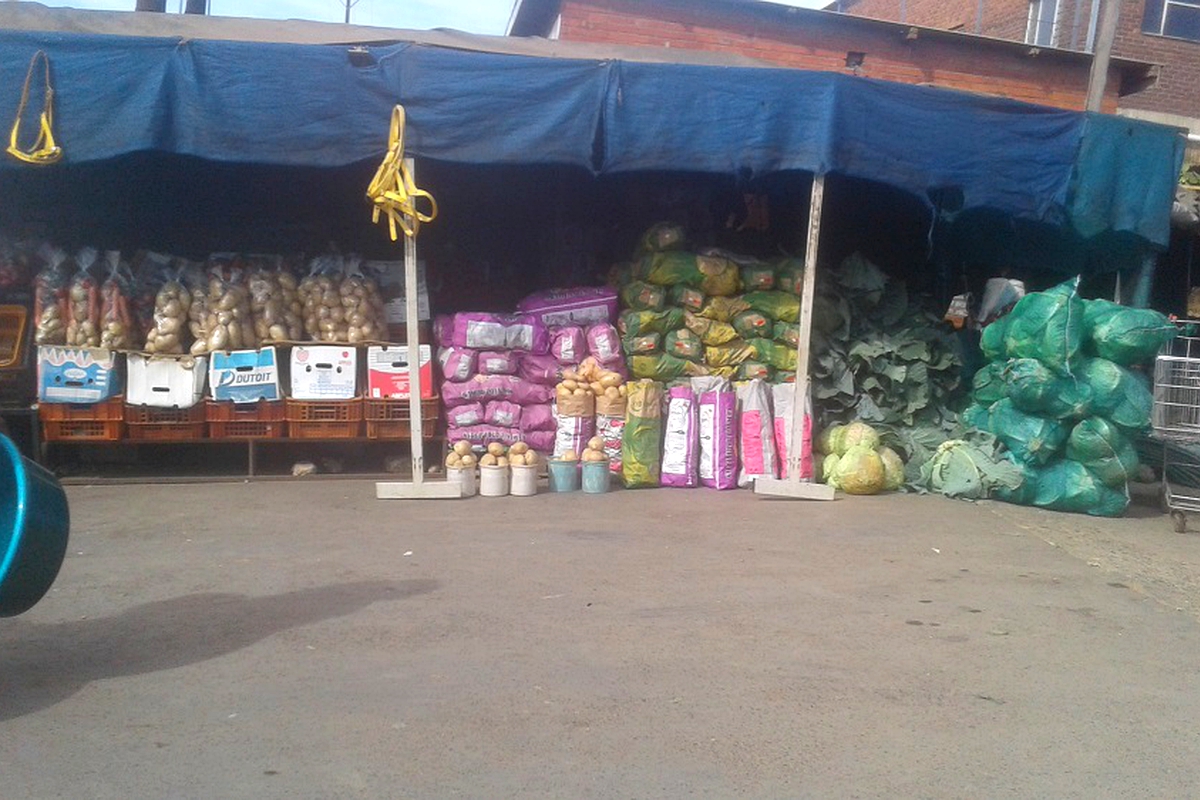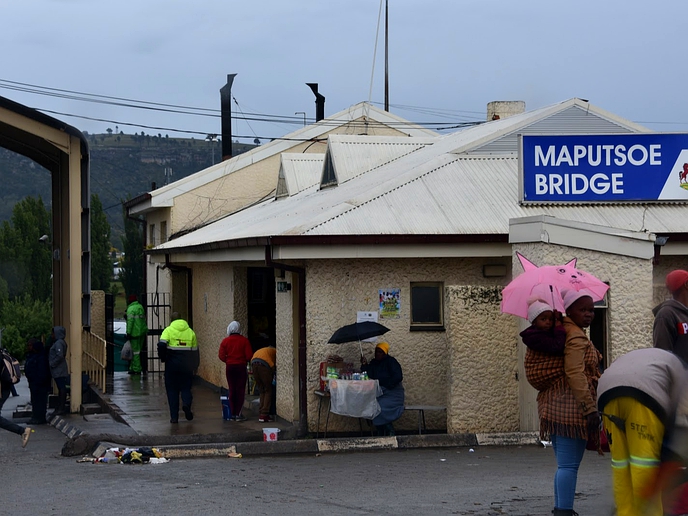STREET vendors provide essential services in towns across the world, particularly in Africa where people rely on them for basic needs, especially for food supply.
business
Oct. 24, 2020
KABELO MASOABI
3 min read
Street vendors struggles continue

Street vendors' goods in Maputsoe near the main bus terminal
They are part of a vast informal food system that keeps much of the world from going hungry.
But the COVID-19 pandemic has devastated the livelihoods of these small business owners, disrupting their ability to do their jobs and leaving many in a desperate tussle for survival.
Lockdowns being enforced across the globe have thrown the world’s two-billion informal workers into turmoil – and street vendors, whose livelihoods rely on being in public spaces – have been particularly hard hit, according to a United Nations (UN) report.
In Lesotho, as if it was not enough, this week’s public transporters’ stay-away further put a strain on relations between customers and vendors in that, their connection broke because of unavailability of public transport on Tuesday, Wednesday and Thursday.
This came after transport operators engaged in a week-long protest against the traffic mobile court.
They among others wanted the court with “its draconian rules” to be permanently removed from local roads because they said it was illegal.
The national stay-away that was, however, suspended on Friday has had a negative impact on the daily business of street vendors. They have shown that, while they understand the significance of the strike, they equally suffer with commuters, particularly those who travel long distances.
“In the streets, it is a fight for survival. We have had to make serious adjustments to our work and home lives. Many have resorted to sleeping in markets so that they could continue earning profits. This week we saw a huge drop in our income due to the stay-away,” said Mary Mokonyohi, who vends at the Maputsoe Bus Stop.
The strike came to a halt on Friday after the government convened a meeting with representatives of the transport operators.
The meeting agreed to suspend operations of the disputed court until the matter has been dealt with accordingly by both parties.
But as the struggle continued, street vendors said if they were not able to work, adding that they were worried about their families who face starvation.
Enjoy our daily newsletter from today
Access exclusive newsletters, along with previews of new media releases.
Many of them expressed their fears over their inability to feed their families if the taxi strike persisted.
After food prices mounted following the lockdowns, street vendors themselves will not be alone in the fight for food. Low-income households that rely on street vendors for food supply now have to pay more to access food.
That could have widespread impacts. The UN report further warns that this pandemic could double the number of people suffering acute hunger, create a global recession that could disrupt food supply chains and add to the struggles, particularly concerns of people working in the informal economy.
With many street vendors facing near total loss of customers, they contended that the only way to survive was to get economic help from the government and other organisations. This need also led to street vendors’ protests in August, as they demanded COVID-19 relief grants from the government.






